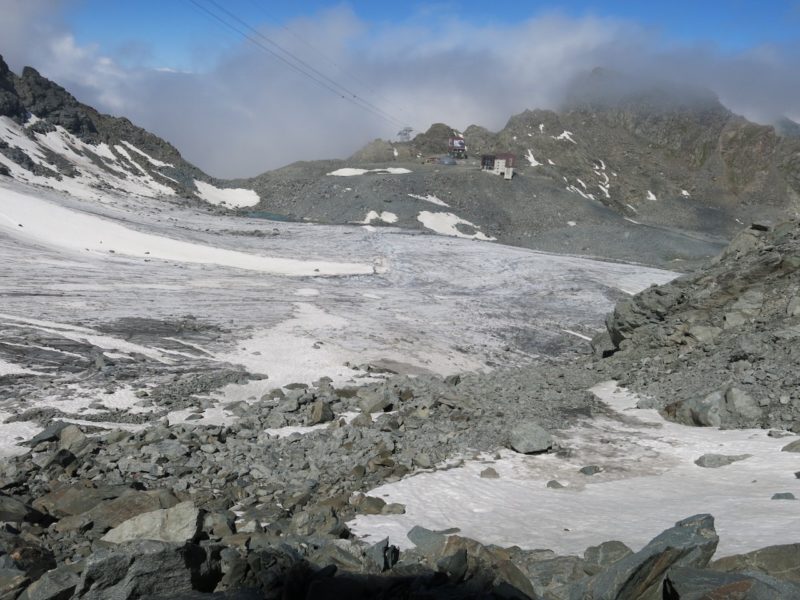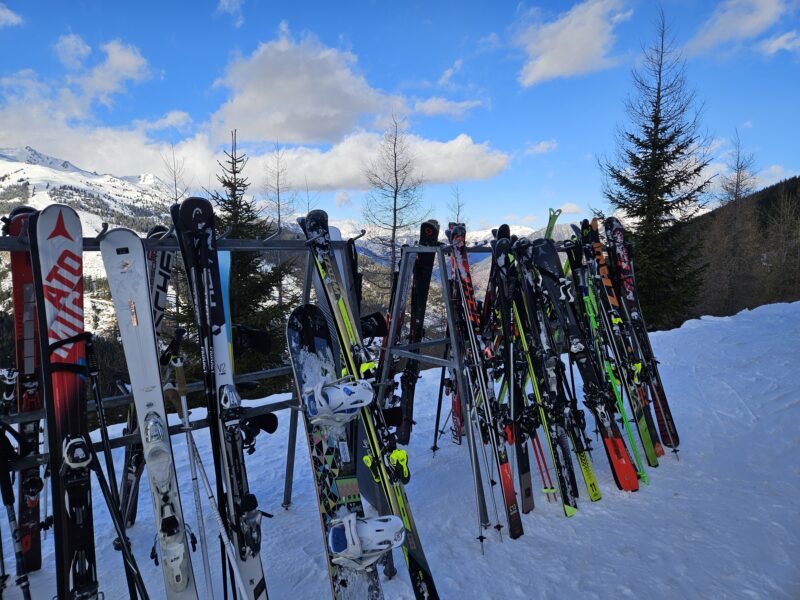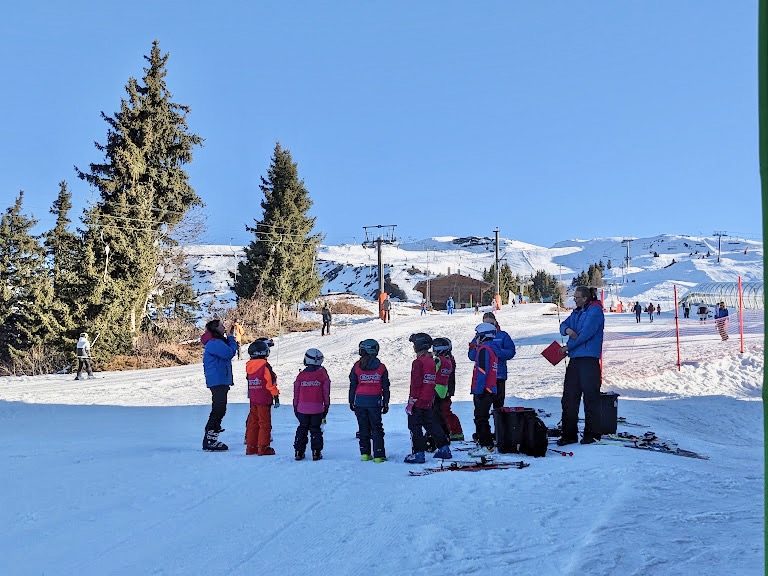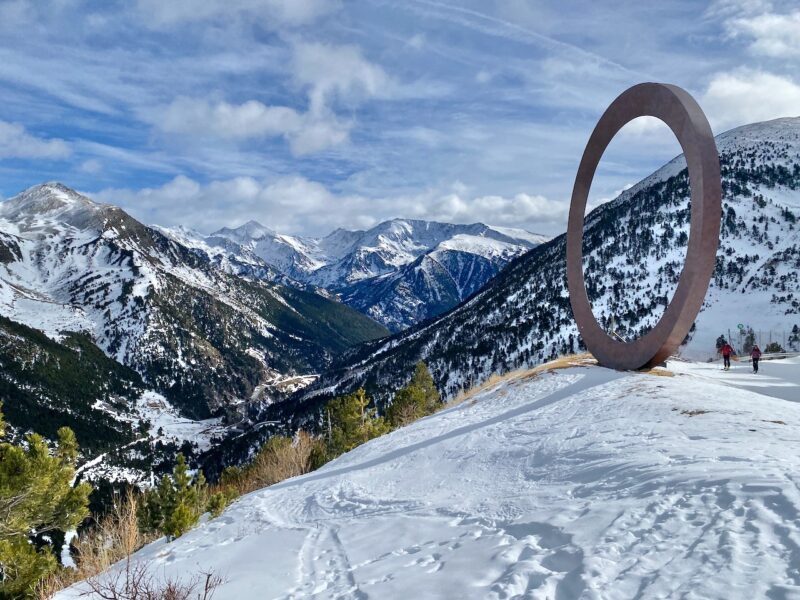Climate Change Impacts Adventure Sports in the Mountains
15th September 2022
Last modified on September 18th, 2022
Climate change is making adventure tourism more challenging and sometimes riskier. That’s the claim from travel industry bodies, tour operators and mountain experts.
Rockfalls on some alpine hiking routes this summer have led to closures.
Some paths have been shut and in the worst case 11 people died when a glacier collapsed in the Dolomites in Italy.

Marmolada ice collapse. Image c/o Alpine rescue services.
Mountain guides say rockfalls caused by melting ice, that otherwise keeps rocks and boulders stable, are the biggest risk for mountain tourism.
“Many places have now become no-go areas, mainly because of rockfalls and collapsing glaciers that have destabilised them,” says Jean-Claude Razel, a mountain guide who also teaches ecological transition at France’s ESCP university.
“Winter sees less snowfall these days and whatever snow and ice are there, they quickly melt.”
A full report on the issue is on the BBC

Alpine glaciers. Image © PlanetSKI.
Summer glacier skiing has been hit with many slopes closed this summer.
Zermatt, Les2Alpes and Tignes all closed early.
Just one resort, Hintertux in Austria, has remained open to the general public.
“The tourism sector is increasingly challenged by extreme weather events caused by climate change,” said Dirk Glaesser, director of sustainable development for the United Nations World Tourism Organisation, UNWTO, to the BBC.
“The risks in adventure and nature-based tourism are different now, they require constant monitoring,” added Christina Beckmann, a climate expert with the Adventure Travel Trade Association (ATTA), whose members include 1,000 national tourism boards and 33,000 individuals.
“The impacts of climate change mean we need to keep our eyes more open to respond to the changes and keep reviewing our risk assessments.”
Related Articles:
- Warnings of further glacier collapses as climate change makes mountains unstable
- Glaciers around the world melting faster due to increasing climate change
- Fresh warnings on alpine snow levels
- State of emergency set to be declared in Italy as drought worsens
- Everest base camp set to move due to climate change
- Austrian glaciers set to melt by end of the century
- Skiing, snowboarding and sustainability

Image c/o PlanetSKI










